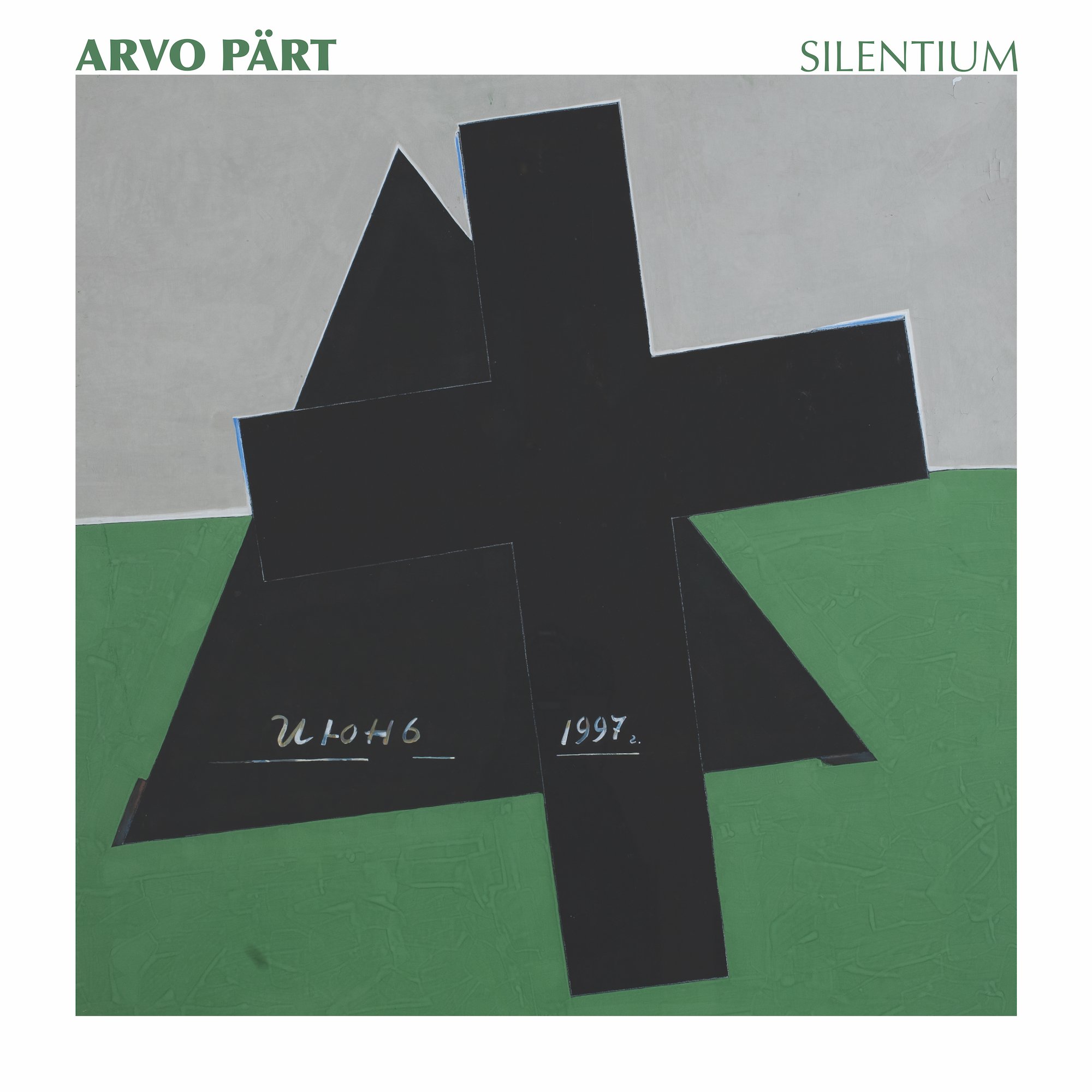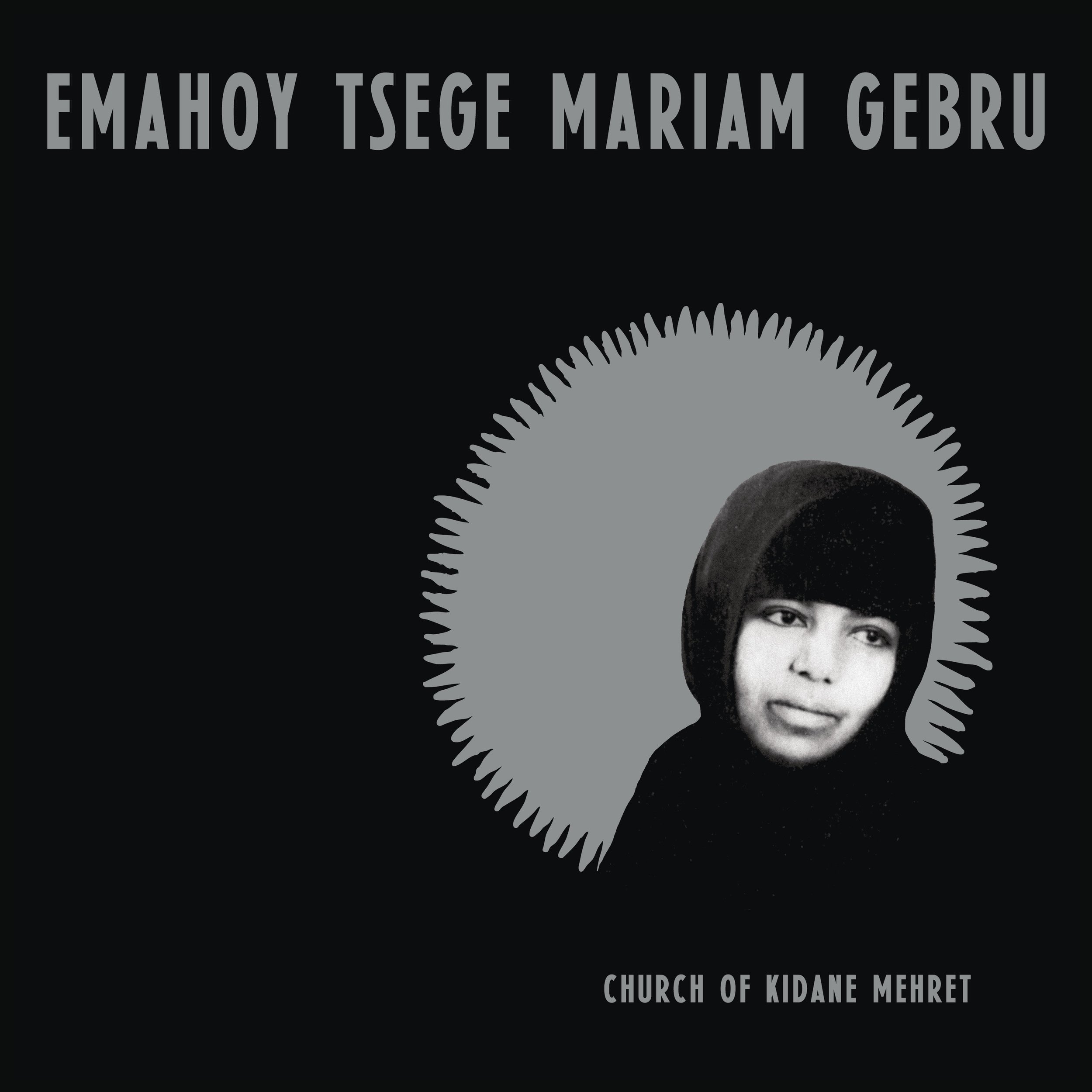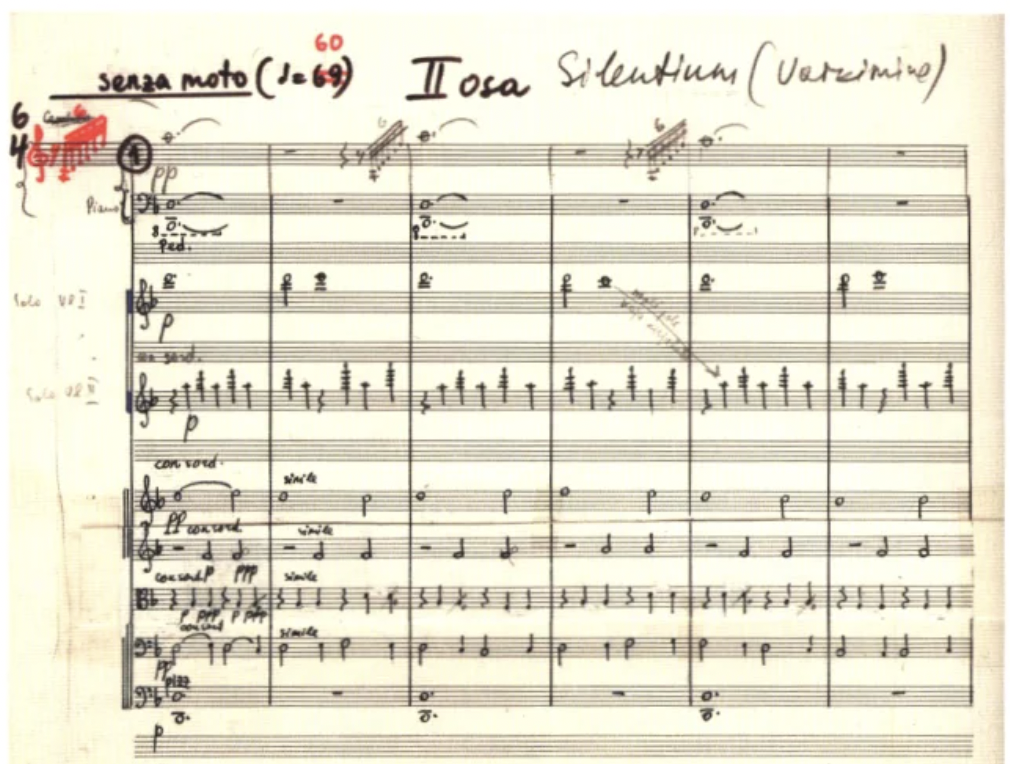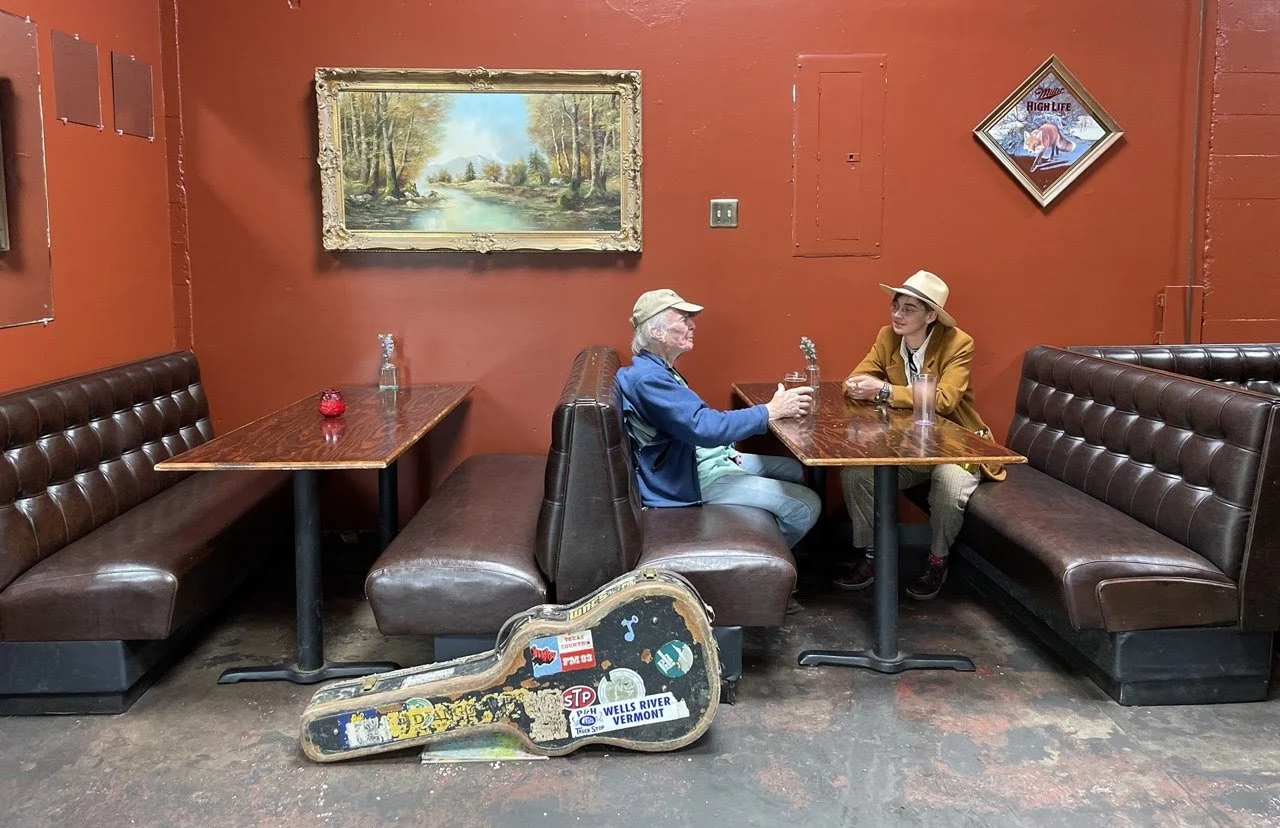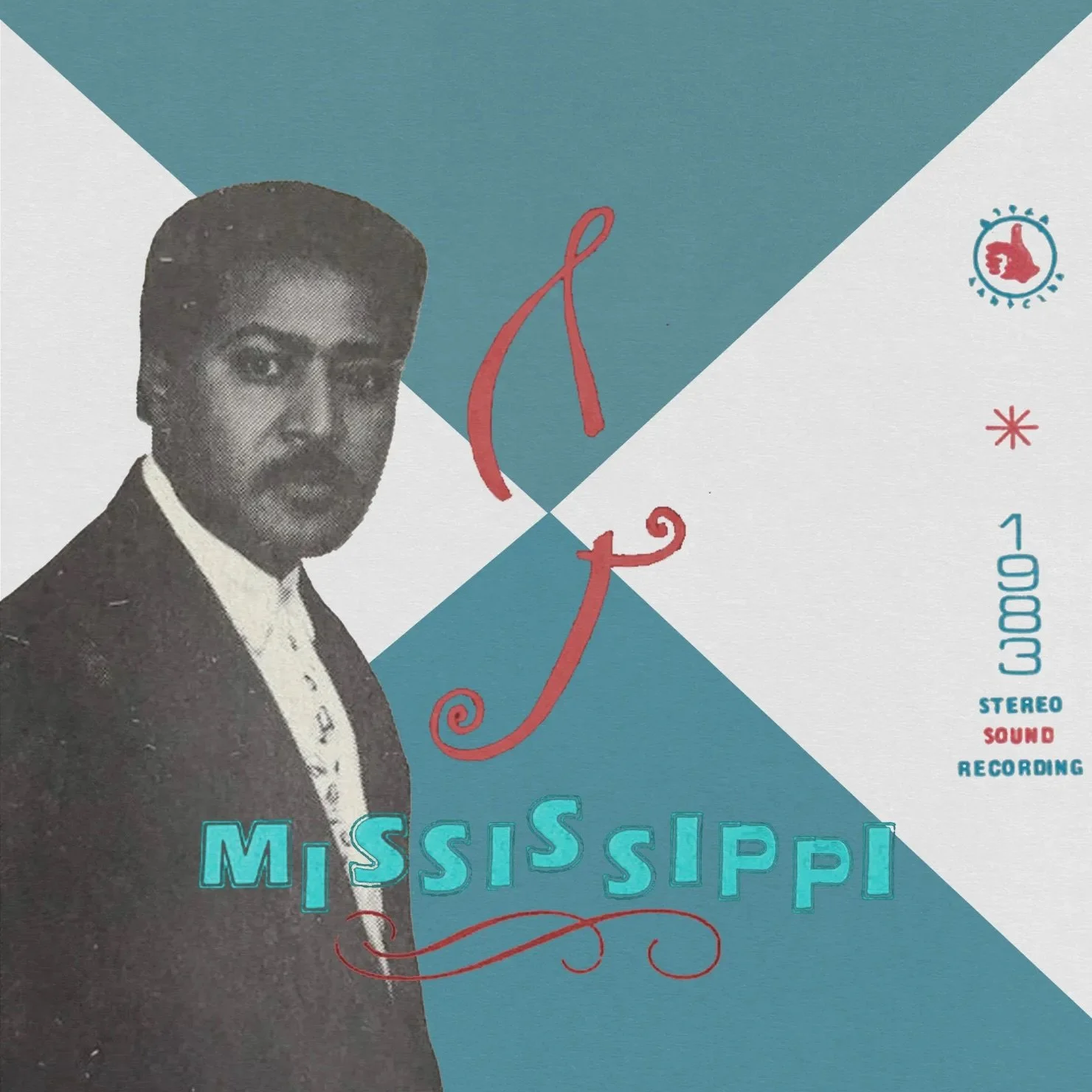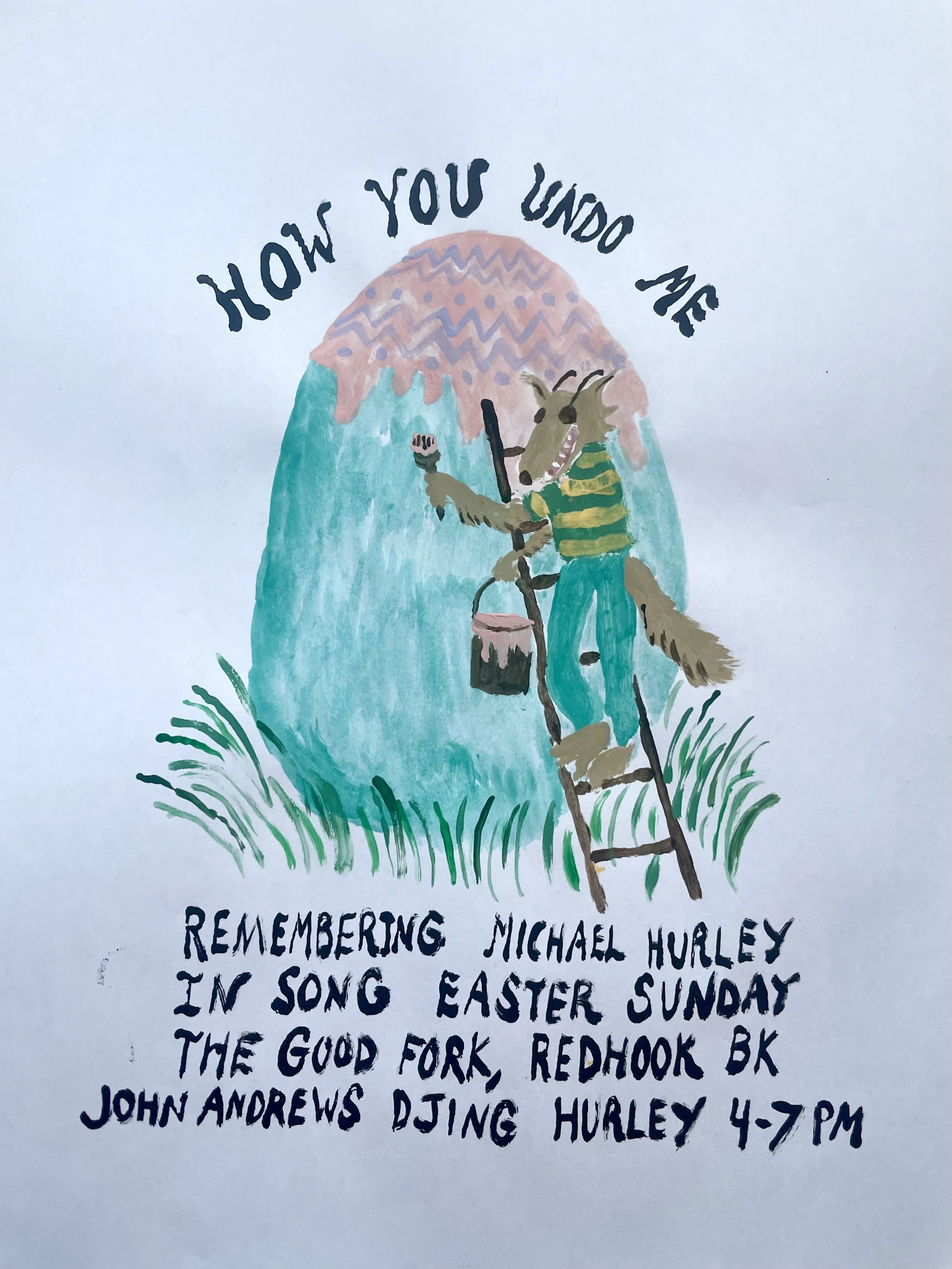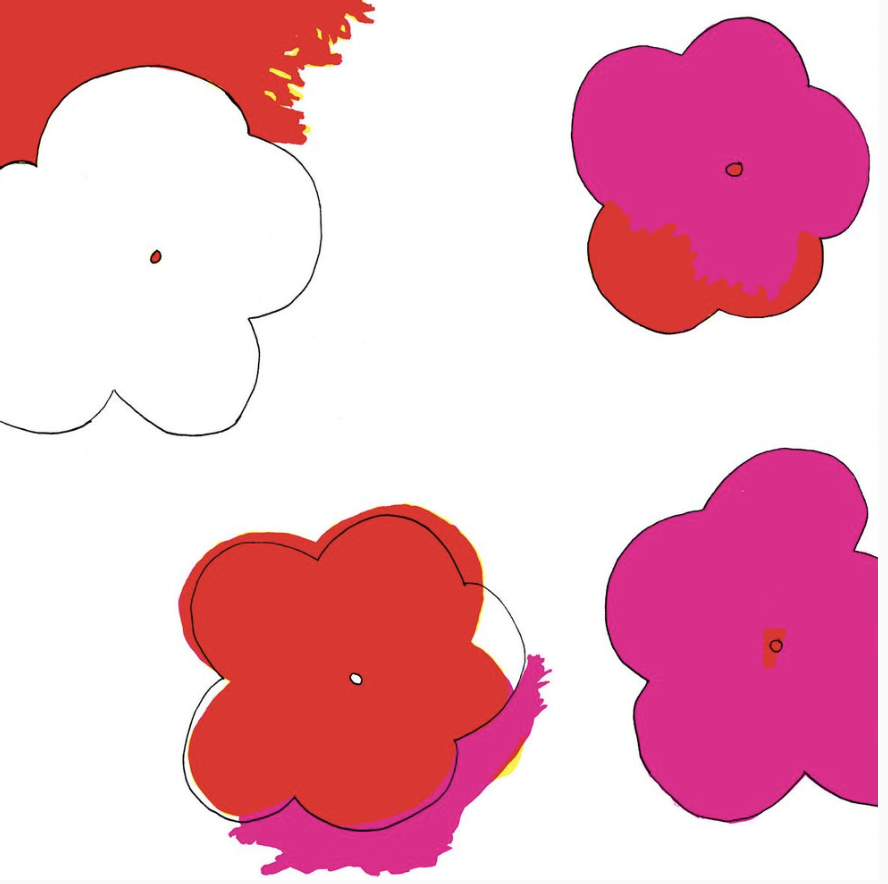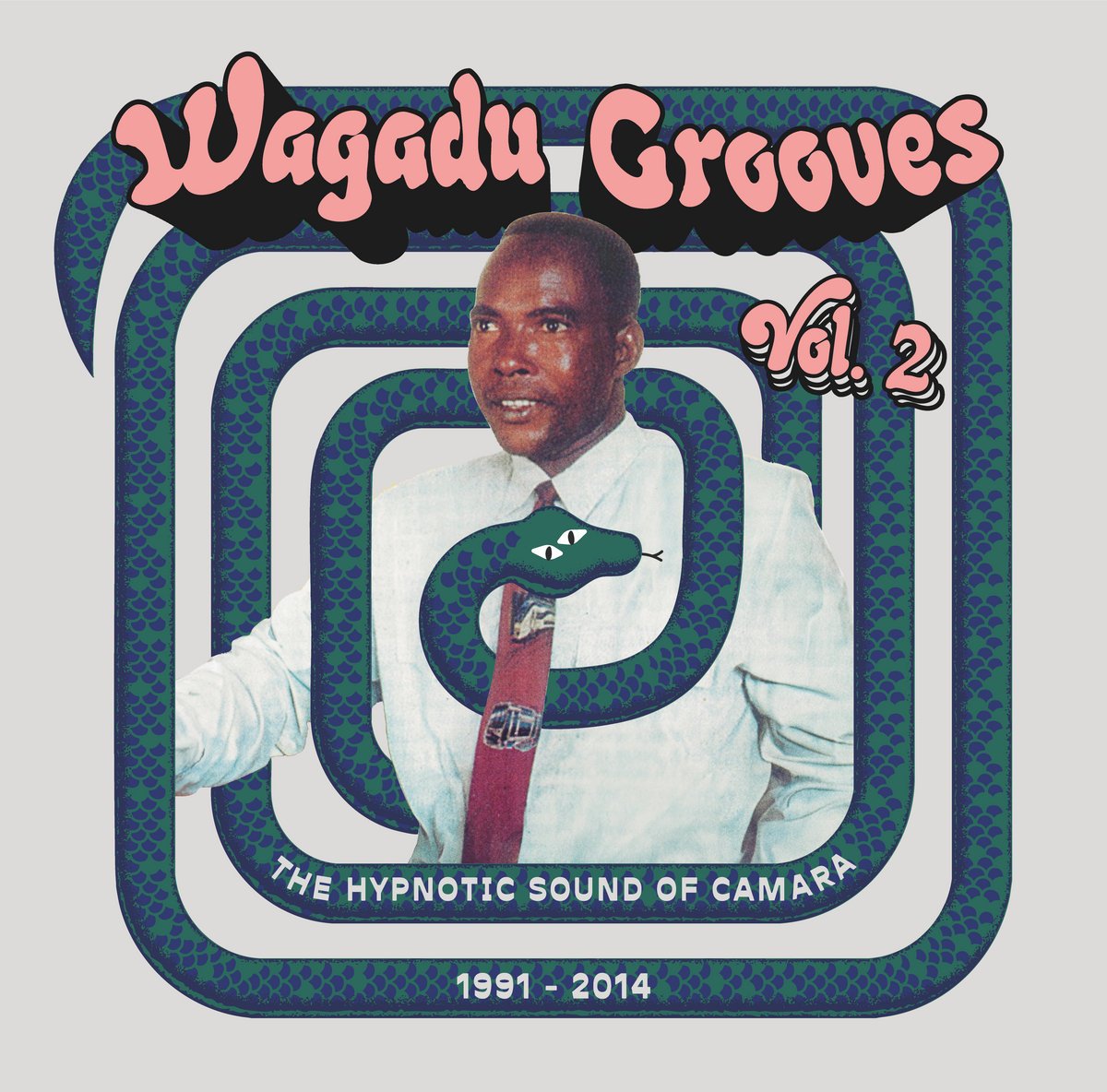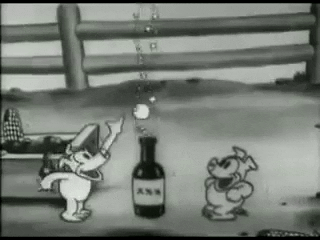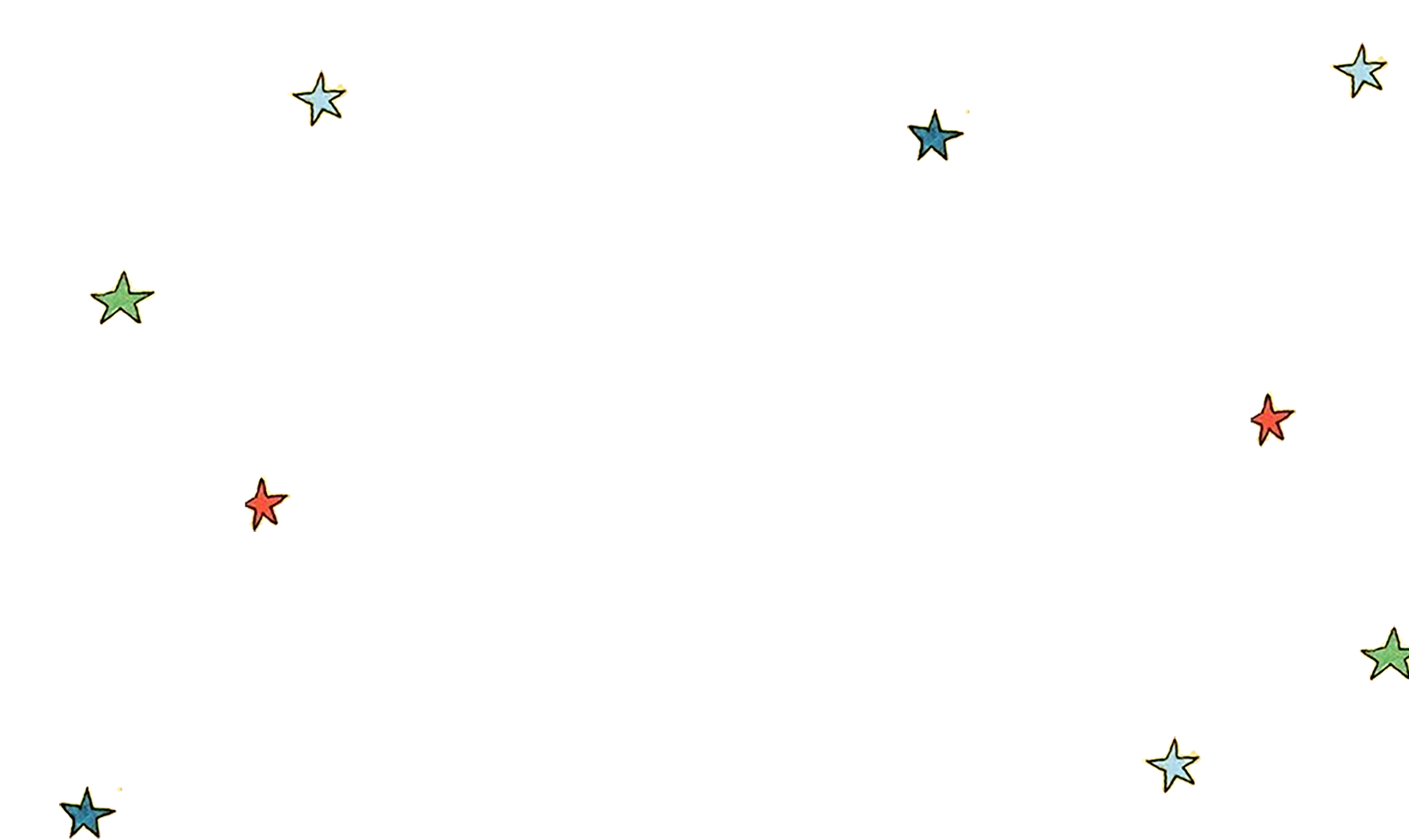

RELEASED TODAY! Arvo Pärt
COMING IN MAY: Emahoy Tsege Mariam Gebru (May 23rd)
LISTEN TO SECOND SINGLE FROM EMAHOY - “Essay on Mahlet”
ANGEL MUSIC - On channeling Arvo Pärt, with A Far Cry orchestra
CELEBRATING THE MUSIC OF MICHAEL HURLEY
Mississippi x NTS MIX 3
NEW DISTRO RECORDS
EVENTS : Emahoy “Church of Kidane Mehret” Listening Events, Etran De L'Aïr’s US tour, Michael Hurley celebrations
COMMUNITY LINKS
Hi good people,
Thanks for your letters, poems, comics, rants and memories about Michael Hurley, a friend and guiding light, who passed away on April 1st, at age 83. The man rambled for decades, and left crystal-clear memories of murky late nights with people all around the world.
On our side, label founder and close pal of Michael’s, Eric Isaacson, is working on an in-depth remembrance that we’ll share in due time. His beautiful four-hour KBOO radio tribute is essential listening (Michael loved radio). It includes the hits plus deep archival cuts and rarities, including an unreleased version of the Tea Song that brought me to tears. I’ve been singing an off-key rendition of that song to our daughter every night for her seven months on the planet.
We’re also reprinting an interview we did with Michael back in 2023, about space, movement, and marking time.
“All of the seasons are well placed,” he said back then.
Like the seasons, our upcoming records feel right on time - suitably heavy with glimmers of light shining through the cracks. Arvo Pärt’s Silentium is released today, followed by Emahoy Tsege Mariam Gebru’s Church of Kidane Mehret next month. Below, we have samples of both, and an interview with Alex Fortes of A Far Cry orchestra about the experience of playing through Arvo’s divine algorithms. The conversation allowed me to hear “Silentium” in new ways after nearly five years of working on the record.
As far as I know, Michael and Arvo have only met in my mind, but I imagine they’d appreciate each other (if not each other’s music). Both in it for the long haul, creating universes on their own timelines. “There’s no dignity in haste,” Michael was known to say, and I think Arvo would agree.
Put on some tea and let it brew,
Cyrus + Mississippi Records
MRI-208
Arvo Pärt
Silentium LP
Released today!
Four of Estonian minimalist composer Arvo Pärt’s most famous pieces, in their most distilled and pure form. From solo piano to orchestral arrangements, these pieces are carefully constructed yet somehow channel the divine. Arvo once recommended not writing or describing too much about his music - “I have nothing to say… Music says what I need to say.”
MRI-214
Emahoy Tsege Mariam Gebru
Church of Kidane Mehret LP
Release Date: May 23, 2025
A new compilation bringing together some of the most sacred and spiritual recordings by Ethiopian nun and composer Emahoy Tsege Mariam Gebru. It features all the musical pieces from her 1972 album of the same name, and adds two stunning unreleased piano pieces.
Much of the album was self-recorded in churches throughout Jerusalem. Emahoy’s piano chimes off ancient stone walls, the closest we’ll get to hearing the artist live in her prime. And for the first time, we hear Emahoy playing massive church organs, with two droning compositions that fill the B side of the record and would be at home on any of the latest trend of organ records.
The album’s second single, “Essay on Mahlet,” is released today. We hear Emahoy at the piano, tracing the contours of the free verse Ethiopian orthodox chant, the Mahlet. Emahoy shows us exactly how her unique melodies relate to the ancient music of the Ethiopian church. But even without any of that background, it’s up there with her most arresting compositions.
Listen to “Essay on Mahlet” here.
A Far Cry orchestra on divine algorithms and channeling Arvo Pärt
A Far Cry is a self-conducted chamber orchestra from Boston which approaches the hierarchical classical music world in a democratic, collaborative way. Their stunning, controlled rendition of Silentium is the title track and entire B Side of our long-in-the-works new record of the same name, which aims to present some of Arvo Pärt’s most famous pieces in their most distilled form.
We first heard this version of Silentium as a low-res YouTube clip late one night after listening through dozens of Arvo renditions. This piece was different, slowed down, almost making time stand still. So we reached out to A Far Cry. Thankfully, they had recorded that performance in pristine quality. Sound engineer Andrew Weathers mixed and mastered the audio to create what you hear on the record, which was pressed with care at Smashed Plastic in Chicago.
Despite my appreciation for the music, and the years-long process of getting the album together, I’d never talked with the collective members about the creative side of their work. So finally, for this newsletter, we did just that…
Alex Fortes is co-artistic director of A Far Cry. He spoke on the phone with label head Cyrus Moussavi. Their convo has been edited down for clarity.
Cyrus: Tell me a bit about yourself, A Far Cry, and how this performance came about…
Alex: My name is Alex Fortes. I'm a violinist and one of A Far Cry's co-artistic directors. A Far Cry is a conductorless, or self-conducted, string collective based in Boston, Massachusetts. We've been around for about 18 years, and I was one of the co-curators for a concert we did in January 2017 that included a performance of Arvo Pärt’s “Tabula Rasa” which has two movements: “Ludens” and “Silentium.”
A Far Cry is a very egalitarian group. Everyone contributes to the administration, to the artistic leadership. We rotate principals, we rotate concert curators, etcetera. And this concert wanted to play with that idea by looking at different aspects of leadership and following.
The title of the work, Tabula Rasa - the “blank slate” - comes from old 18th century liberals like John Locke, who wrote about human nature being a blank slate. Those early ideas of democracy and human nature resonated with a lot of the group's ideals.
What we loved about working with [violin soloists] Stefan Jackiw and Alexi Kenney on these two pieces is that, even though they are incredibly virtuosic challenges for two solo violins, they are also pieces that are not traditional showcases of the soloist as somehow above the orchestra.
Oftentimes [in these pieces], the soloists, even if they have deep challenges, are very much subordinate to the role of the other people playing. So that theme of what is leadership, what is democracy, what is following, was what the whole program was about.
CM: That’s beautiful. I’ve listened to “Silentium” dozens of times but never thought of “soloists.” How did you approach this famous piece? What was your angle?
AF: What I love about Arvo Pärt is that everything that he writes, particularly during this first period of what he called tintinnabulation [the ringing or sound of bells] - pieces like Tabula Rasa, like Fratres, like Cantus in Memoriam of Benjamin Britten - is that the music is almost algorithmic. You could almost boil down what he does over the course of an entire piece into a mathematical equation. But it never feels as circumscribed as that would suggest. And, in general, the harmonies, maybe because of that, seem inevitable and bring you into often a different relationship with time.
“Silentium” particularly is such a virtuosic challenge for the solo violins. You have to play incredibly beautifully, incredibly lyrically, at the stratospheric limits of the instrument. But a lot of the rhythm and form has to come from the rest of the band. Again we ask who is leading, who is following?
CM: You mentioned this idea of playing with time throughout the performance. You played Silentium quite a bit slower than the ECM recording. What was the decision-making behind that? How did you approach tempo?
AF: I'd say the first thing is virtuosity. It's incredibly difficult to play it that slowly. We were very lucky to work with Alexi and Stefan, who have a particular talent of having an incredible clarity of tone and incredibly thoughtful musicality, and also a flawless technique to allow that kind of glacial tempo to never feel stuck, and for the sound to never crack.
They were very interested in challenging themselves to see just how prolonged it can be. And especially, as a contrast to the first movement of that piece, which is called “Ludus” or “Game.” It has a much more playful quality to it. To then go into something that almost stands still without ever losing a sense of motion was, I think, what we were interested in in that performance.
CM: I come to this piece as a general listener. Why do you think Arvo Part’s music resonates with people who aren’t necessarily fans of contemporary classical music?
AF: I think that one of the nice things about what Arvo Pärt did for contemporary music was that in the late 20th century, there was a bit of an orthodoxy that music could only be written in a certain style. I think he, in a very different way than American minimalists like Philip Glass and Steve Reich, created music that was incredibly sincere, innovative, but also accessible at a time when sometimes the inaccessibility of the music was part of the point.
There were people who didn't think it could be good unless it was something you had to study in order to understand. And for us today, I think that has shaped a lot of A Far Cry’s programming.
CM: It’s one thing to listen, but I’m curious as a performer and musician what you experience when you play. What’s happening in this piece?
AF: Yeah, if you don't mind, let me just get the score up for this. So first of all, it has this interesting component that I think is unique in Arvo Pärt’s music, of the prepared piano. There are instructions in the score, but basically the way the piano's prepared is you put bolts in between the strings that add additional overtones and additional vibrations that make the piano create interesting tonalities as different keys are pressed. It also asks for amplification, which allows those overtones to be more clearly communicated than they would be if it was simply an acoustic piano.
He marks in the score that specific notes should have between them bolts of two different sizes, .6 and .5. You can choose exactly where on the string they are, which changes the overtones, but that's how you get that sound that is quite bell-like in it.
And then in terms of “Silentium,” one thing is he marks it senza moto, which in Italian means “without motion.” That stillness is the idea.
The simplicity of it is that it's almost totally based on a D minor scale. You have the prepared piano playing just a D minor arpeggio. And then you have one set of voices going up and down from D, just one note and two notes and three notes, but at different speeds. And the other voice is just playing different notes in the D minor chord against it. And that's like the whole thing. It’s so simple, but it creates this incredible texture and this incredible harmony and really draws you in.
I think it's interesting that it’s called “Silentium,” but there's actually no point of actual silence. There's constant music going on at the bottom of the possible range of dynamics.
CM: [laughs] I guess that’s not an accident. What's your own relationship with Arvo Pärt's music? How did you first hear him?
AF: As a kid, I remember one of the most interesting pieces that would ever come up on the radio was The Cantus in Memory of Benjamin Britten. On a lot of classical stations in the '80s and '90s, it might have been the only piece that they played that was written after 1940.
So that was my first awareness of Arvo Pärt, through that music.
I think what I've always been struck personally by is this sense of algorithm. Even before I understood exactly what he was doing, it was very clear that there was just something incredibly rational about what was going on, but it wasn't rational in a way that took away from emotion or from spirituality. It was a sort of rationalism that seemed larger than human. And that attracted me to his music and made it often a really satisfying experience to both listen to and to play.
I think what I've always been struck personally by is this sense of algorithm. Even before I understood exactly what he was doing, it was very clear that there was just something incredibly rational about what was going on, but it wasn't rational in a way that took away from emotion or from spirituality. It was a sort of rationalism that seemed larger than human. And that attracted me to his music and made it often a really satisfying experience to both listen to and to play.
CM: There's an Alex Ross article that's very often quoted about how “Silentium,” especially, was played in palliative care facilities. Have you heard this story?
AF: I've heard of it. I think he wrote an article about how AIDS and cancer patients often requested this and were obsessed with this piece and called it Angel Music.
It definitely has that aspect to it. One thing that we are always happy to hear from people who listen to us, and we got after we played this piece, is the comment that this provided a sort of comfort after the death of a loved one, that few things can. And that, I think for all of us, is one of the reasons that we are musicians.
You can learn more about A Far Cry and their mission here.
Mississippi Records thanks A Far Cry for their collaboration on Silentium, which is out now on vinyl and CD (!)
A morning call with Michael Hurley took the usual glorious left turns…
MICHAEL HURLEY, April 24, 2023
I call at 10am. Michael picks up the phone but asks me to call back in exactly 20 minutes…
Cyrus: I hope I didn't wake you.
Michael Hurley: Oh, no. I got a musical idea and I needed to record it just before I forgot it, but I didn't have anything set up to record in my music room. So I tried the primordial Wollensak reel to reel and that didn't work with modern day mics. And I tried a DAT recorder and couldn't get that to record because I never used it before. And then I went back to my regular thing I record with, which I'd already taken all the cables out, you know, switched them around to try to hook up these other things. And I was hoping all of the time I wouldn't forget what I was trying to remember, because sometimes these new ideas, they escape before I can commit them to memory. So I finally succeeded in getting a recording.
You got it??
MH: Yeah
I was waiting on tenterhooks to see if you captured it.
MH: Right. I did.
I'm looking forward to hearing it one day. It’s sort of related to our story about time and memory… I’ve been talking to Eric about the 20 year anniversary of the label. 20 years is a long time to be doing this weird, seat of your pants project, and there’s something to be said for that. But I was also in Jerusalem recently to visit Emahoy Tsege Mariam Gebru. Do you know her work?
MH: Oh, certainly, yes. She just passed.
That's right. I was going to talk with her about a new album, and she passed right before I could meet her, which was really sad. But I was also amazed to be part of an Orthodox funeral for someone who was 99 years old, going down in one of the most ancient places on earth. I was talking to some of the monks in the monastery, and they were talking about sort of cosmic time and things happening at the right time. When I got back and we were talking again about a 20 year anniversary for the record label, I was like, what the hell is this? Who cares?
MH: That's ten minutes compared to the way those guys are thinking.
It’s a flash! So I thought, why don't we talk to some people about their own ideas of time, and the first person I thought of talking to is you, who's had a long career and done a lot of different things in your life. I was wondering what you think about when you hear 20 years.
MH: Oh, two different ways. When I was younger, it sounded like eternity. And now when I look back and realize 20 years was 2003, it seems like it couldn't have been 20 years. And I think, you know, if you do that again, you'll be a dead man.
Do you remember what you were up to in 2003?
MH: I was moving out to Oregon. I still had stuff in a storage unit in Ohio. And basically what I was doing then was moving in. Now I'm moved in.
You’re settled.
MH: Yeah, but 20 years? Seems like I can't believe it was twenty years. I know that's a common syndrome with everybody as you get older. I've heard other people say the same thing.
Do you know when you started to notice time speeding up?
MH: No, I don't know a moment, but I think where it looks most amazing is right now. Looking back 20 years, thinking shit, that was like six years, maybe.
Time plays a big part in music, whether it's rhythm or how a song evolves over time. Do you pay attention to time when it comes to music?
MH: Well, most people who have played with me would answer to that, "Obviously not." But I've been trying. I don't want to frustrate the people that play along with me. I think it's basically how I was formed with my musical style - soloism. I’m trying. In fact, just this morning I'd come up with a timing to a song that I hadn't quite ever settled on. Every time I'd play, it would be something different. That’s what happens with me. Like maybe the band knows how I do this song, but then suddenly when I do it, I got a different rhythm. It could make the song flop flat, you know. And the bass player will look at the lead guitar player with an understanding unspoken, and we'll get on with the next tune.
It's not speed, it's the swing to it. It's complicated, it's like jazz, you know? So I got these devices now because I know that I can't always pull up the right rhythm. I know that a song really works with this cadence. But I also know that I'll forget that. I'll start playing in waltz time or something like that. So in order not to forget it, I devise a little eight bar riff and that reminds me - yes, that's it, do it that way.
Otherwise you’ll be moving at your own time.
MH: Otherwise I don't know what the hell I'll do. I guess being on stage throws me off in the first place. It’s not normal. It’s abnormal.
I can imagine. I know you’ve rambled a lot in your life. Is there a relationship between time and movement for you?
MH: Yeah, actually. You can drive the car from New York City up to Vermont, and it would seem to take a year and a half. Maybe it only takes 5 hours or so. You can sail all the way from New York City up the Hudson River to Vermont, and it seems much faster. I've noticed that.
So maybe it’s about how you move, not how far. Do you ever think of your own legacy, or milestones?
MH: I don’t see things like that, I guess. Not much on my birthday. Some people, the birthday is really important to them. And not even much on most holidays, except for New Year's because it's such a chronology thing to it. It’s also kind of well placed in the year. The darkness starts, and the stillness. It's time to reflect. It's not time to have a wild New Year's party. It's time to crawl back in your hole and think about things.
So more seasonal, rather than based on dates and markers like that.
MH: Yeah, I very much sense the seasons. Spring, fall. I have my favorite month.
What’s that?
MH: July. Lots of action, great to be outside. I even love to be in New York City in July. It’s the same as ever, really, but it’s July. Actually all of the seasons are well placed, I think. Incredibly well. Sometimes the equinoxes and so on, things really change right around that week. Something about state lines are often like that, too. When they allotted the land to different parties, someone had the advantage over another person. Here’s the line. You’re over there, I’ll be here.
I’ve definitely felt that. Do you have anything else to add, about 20 years, 100 years, the seasons?
MH: Everybody needs to live for at least 100 years, if not 120. And, is Eric going to have a party?
***************************************************************************************************
"Michael Hurley and Joy"
May 02, 2023
by Rankin Renwick
CELEBRATING THE MUSIC OF MICHAEL HURLEY:
LO FI AND HI FI SNOCK HOG HEAVEN
KBOO RADIO, PORTLAND
Mississippi Records founder, store owner, and old pal of Michael, Eric Isaacson recently broadcast a four hour deep dive into the music of Michael Hurley, which you can stream at the link above. Expect the hits, as well as songs and renditions you've never heard. Essential listening!
A note from us:
For all friends and fans of Michael’s music, we are working on a special newsletter dedicated to him. In the meantime, here are some words from folks we appreciate:
Hurley Remembrances:
- Michael and Amy Goodman on Democracy Now

NTS MIX III: ‘83 til Infinity
Traditionally, Mississippi Records has sidestepped the 80s and 90s, avoiding the synth supremacy and unchecked reverb that destroyed the era. I don’t know if enough time has passed, or if I’m going soft in the brain, but lately I’ve been revisiting this period. 1983 was a big year. The Yamaha DX7 was released. In remote corners of the world, small tape and keyboard-based studios popped up, allowing local producers to pursue Phil Collins-level ambitions (with mixed results). So this NTS mix starts in 83 and branches out, seeking the spirit in the machine. It also includes a preview of an upcoming record by the incredible Rwandan family band led by Bizimungu Dieudonne, as well as 80s era Ural Thomas, who reminds us: “Even when I lose, I still win. Cause I get to play.”
LINK: https://www.nts.live/shows/mississippi-records/episodes/mississippi-records-31st-march-2025
EMAHOY ALBUM LISTENING EVENTS
To celebrate the release of the new Emahoy album, several indie shops will host listening parties across the country. Records will be on sale that day, a week ahead of the release date. And we’ll have these beautiful one-off risographed posters (printed at Pet Riso in Philadelphia), FREE while supplies last. There might be a raffle for records, too.
Head to your neighborhood store to celebrate the music of Emahoy, and don't forget to check the dollar bins...
Church of Kidane Mehret
Listening Events
Friday, May 16th at the following stores:
606 Records / Chicago, USA
End of an Ear / Austin, USA
Estuario / Los Angeles, USA
Feel It Records / Cincinnati, USA
Harvest Records / Asheville, USA
Contact Records / Oakland, CA
Psychic Records / Brooklyn, NY
In Sheep's Clothing / Canyon Coffee / Los Angeles, CA
Great Circles / Philadelphia, PA
Redscroll Records / Wallingford, USA
For more details and times, please check each shop online through the links above.
Etran De L'Aïr US TOUR
Etran De L'Aïr (“the stars of the Aïr region in Niger) is a family band, gigging in the local guitar scene for over 25 years. I first met them back in 2013 and was immediately struck by their unique sound. There are a lot of guitarists in Agadez, but Etran does something the other bands don't, incorporating a pan-African sound of soukouss and highlife into their music, with multiple guitars dancing over each other in hypnotic grooves.
If you look at the poetry behind Etran's lyrics, you'll find a heaviness there. Tuareg folk tradition uses music to convey a message, and nearly all of Etran's songs address some issue of pressing importance in their community - division in the community, the struggles of immigrants crossing the Sahara, or woe and heartbreak. And yet the music always feels celebratory. When I ask Abdoulaye about this he says “people want to dance.”
Over the years by far the biggest challenge in touring the US is acquiring a visa, and it's only becoming more uncertain with these bastards in the government. But we'll persevere and we'll keep going and Etran will keep people dancing, because they can't crush our spirit.
Thanks for all your support over the years,
Chris (at Sahel Sounds)
For all upcoming Etran De L'Aïr US tour dates, click here.
********************************************************************************************
MICHAEL HURLEY CELEBRATION AT GOOD FORK, BROOKLYN
Beautiful tributes to Michael Hurley have been popping up around the country. This Sunday at Good Fork in Red Hook, Brooklyn, join artist and musician John Andrews for three hours of Hurley tunes (not an official Mississippi event, but we encourage you to check it out!)
Arthur Russell
Open Vocal Phrases Where Songs Come In and Out
2xLP
Audika Records
$32
Link
A brand new archival release from Audika, easily one of the most moving and emotionally charged Arthur Russell records to date. An unedited, solo live performance recorded at Phill Niblock’s Experimental Intermedia Foundation in Downtown NYC on 12/20/85.
The Great Unwashed
Clean Out Of Our Minds
LP with tipon jacket
MEDS / Noise Prints
$20
Link
The Kilgour brothers' post The Clean album. Homemade 4-track pop hits, murky autoharps, weird harmonies, this has it all. These are the last copies of this beautiful repress. Don't miss!
Various Artists
A Orillas Del Magdalena: Coastal Cumbias From Discos Fuentes
LP
Domino Sound
$20
Link
Finally back in print!! 12 Coastal Cumbias from 60s-70s era Colombia, lovingly compiled by the mighty Domino Sound in New Orleans. Everyone should own this record! See our site for other essential Domino releases as well.
Various Artists
Wagadu Grooves Vol.2: The Hypnotic Sound of Camara 1991-2014
2xLP
Hot Mule Records
$35
Link
The follow up to one of last year’s best releases, infectuous jams from the Malian diaspora. This one pushes the genre into the near-present, endless heat from the vaults of Camara Production, a late 1970s label lead by the legendary Gaye Mody Camara, a towering figure in Malian music and culture. We shipped these records direct from the EU, and these are the best prices around.
Mississippi Records CSR
Community Supported Records - Get each Mississippi LP at a discount as it's released, no matter how limited, plus special schwag and occasional gifts. The CSR is the core of the label, you keep us going! Your subscription goes directly to paying artists and pressing costs. More details here:
https://www.mississippirecords.net/new-csr
Mississippi Records Portland Store
Visit our friends at the Mississippi shop!
They are open EVERY DAY from 12 to 7 PM!
(The stereo repair and retail shop is open Friday - Sunday, 1 to 6 PM).
WE ARE EXCITED TO BUY YOUR RECORD COLLECTIONS!
Mississippi Records Bandcamp
There are hours and hours worth of albums available for free listening, and a whole lot of the releases are "pay what you want" if you want to download ‘em. Check it out -
https://mississippirecords.bandcamp.com/
Red Hook Mutual Aid
We’re proud to have a studio in Brooklyn’s Red Hook neighborhood, which hosts one of the most active mutual aid groups in the city. Learn more about the organizing activity here.






